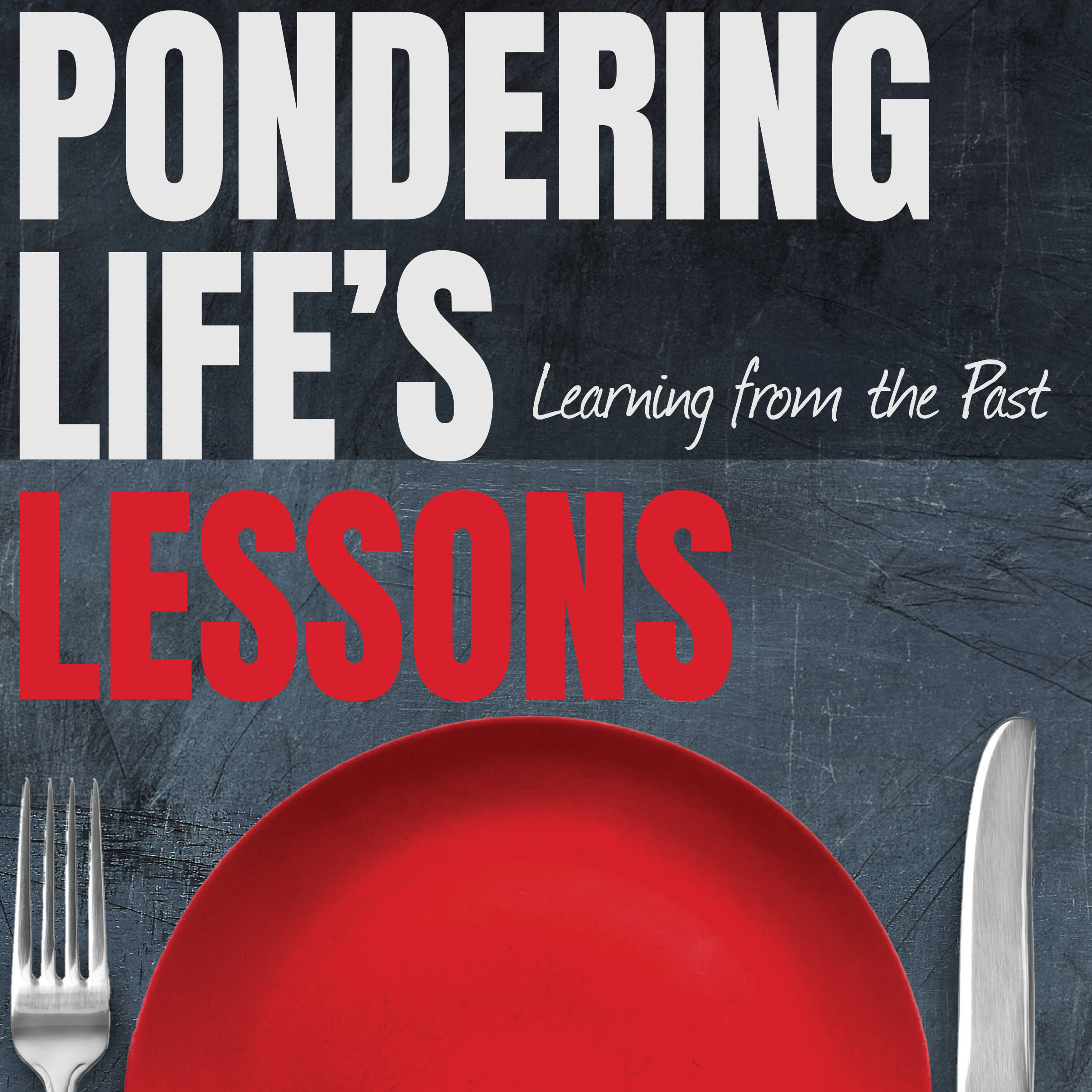
The most important lesson of my life was taught to me by a seven-year old boy. He wasn’t just any seven-year-old. He was mine. He turns 40 at a little after 1:00 p.m. today.
Michael is the third of our three children. We didn’t plan to have three, but like most blessings in our life, they just happened.
Michael had a tough beginning. He was very ill and had to be hospitalized twice for a week at a time during the first few months of his life. The formula that he drank passed directly through his system, he became dehydrated, and he was very weak. Ultimately, we took him to the University of Michigan Children’s Hospital where they completed a diagnosis that altered his diet and solved his problem. We nicknamed him the “Million Dollar Baby” because the new, improved formula cost about four times the amount than the one originally prescribed by our pediatrician.
Some of our friends predicted that Michael would develop on one of two paths. He would become a weak child, and have a difficult time, or he would become very strong. Their predictions were based upon their own assumptions rather than scientific fact. Those who thought he would become a strong child were correct.
I was David, Elizabeth, and Michael’s elementary school principal. I believe all three would describe this arrangement as both a blessing and a curse. Some people treat you differently, even though if may be unintentional, when you’re the “bosses” kid. I know that each one underwent some “shunning” by their peers because of me. They never complained. They just took what others doled out.
During the early eighties the middle school principalship was added to my assignment in Addison. We promoted a teacher, Dave, to be my assistant. We were in charge of the education of over 900 students in three separate buildings. We worked together, relying on each others strengths, to make it work.
While we traveled from building to building on the common campus I made it a habit of being in the middle school during each lunch hour. One Wednesday, early in Michael’s second grade school year, I received a phone call from one of the elementary school secretaries, Sally, letting me know that Michael was ill. Ruth was working in Adrian so I called upon a neighbor to pick him up and care for him during the afternoon.
The following Wednesday I received a similar call. Michael was ill. We had a clinic in the middle school. I asked Sally to have Michael walk across the elementary school playground to the middle school so I could look after him in the clinic.
A week later, on Wednesday, I received a third call from Sally. Michael was ill. “I’ll be right over.”, I replied. I was an educator. Michael was developing a pattern of becoming ill on Wednesday during his lunch hour. I decided to stop in to meet with his teacher, Miss Perkins, a wonderful, seasoned veteran, to seek her guidance into Michael’s problem.
When I walked into her room, I asked a simple question. “Miss Perkins, what happens in class after lunch on Wednesday?”
Her reply told me everything I needed to know. “We have our practice spelling test for the week. The final test is on Friday.”
That was it. Spelling. Michael and I suffered from the same disease. Spellitis. (My self diagnosed disease.) Neither one of us was a very good speller. While principals get by using a dictionary, second graders have spelling tests. My second grader was making himself sick worrying about his practice test.
As I walked down the hall to meet with my seven-year-old son, I pondered my words very carefully. While I was his elementary school principal I was, more importantly, his dad. We needed to have a dad talk.
As we spoke, I addressed the issue of spelling very quickly. I told him I thought that he was feeling bad because of the test, and I believed that he would feel better after the test was over. He agreed to stay in school, take the test, and see how things went. I agreed to pick him up after school to drive him home so we could have some alone time for a few minutes. David and Elizabeth would take the bus.
I thought about him and our predicament all afternoon. Spelling wasn’t making him sick. His father, the principal, was. At the end of the day, after he had taken any test, I would ask “How many did you get wrong?” I focused on the negative. This day would be different.
When he got into the car that afternoon I asked how he was feeling. “Fine.” was his reply.
And then the moment of truth. “How many words did you get right on the spelling test?”
“16”
“16 out of 20. That’s great. You only have four to work on. I’m sure that you’ll do well.”
That was it. Our big talk was over. We spent the remainder of the drive just talking about being a kid and things that were going on in his kid life.
That evening we had an open house in the middle school. It was the first big parent night of the school year. It was time for me to welcome everyone and tell them what a great year we planned for their kids. Most of “their kids” had been “my kids” in elementary school.
I arrived early so that I could make my “dot picture”. It took me longer to put it in a frame that it did to make the picture.
I began my “speech” by sharing the picture and I placed it on the stage. I told them they could look at the picture if they got tired of listening to me. At the end of the presentation I picked up my new picture and told them of my experience with Michael over the past three Wednesdays. I asked everyone to look at the picture and think for a moment, privately, about what they saw. I went on to say that the black dot on the picture represented the four words that Michael misspelled on his test. The white portion of the page represented the sixteen words that he spelled correctly and all of the other positive things that had occurred for him in school that day.
While negative things are a part of life, I believe the good things outweigh the bad. I vowed to the parents that when I worked with their children, I would look at the positive first. I asked them to do the same. We have to examine the negative, but we don’t need to dwell on it.
“Our children do so much more correctly than they do incorrectly. We need to celebrate the good things in life.”
I made a promise to those in attendance that I would do my best to operate that way. More importantly, I promised myself that I would take my experience with Michael and his “spellitis disease” to heart. To see the glass as half full rather than half empty. I don’t expect that any of the 200 teachers and parents remember my talk, the picture, or my promise. But I do.
I placed my “Michael picture” in my office and looked at it everyday for the remainder of my years in Addison. I looked at it each day during my sixteen years in Britton-Macon and look at it each day as a part of my new life. I try to live by looking at the positive. I’m not always successful, but I always try. The things the black dot represents still appear in my life from time to time, but I choose to look forward and celebrate the good things.
I owe my outlook on life to my seven-year old son. If not for his difficulty with spelling, I wouldn’t have lived the life I have.
As for spelling, it’s still a challenge for both of us. When it comes to life, he’s become a wonderful man. Take a look.

